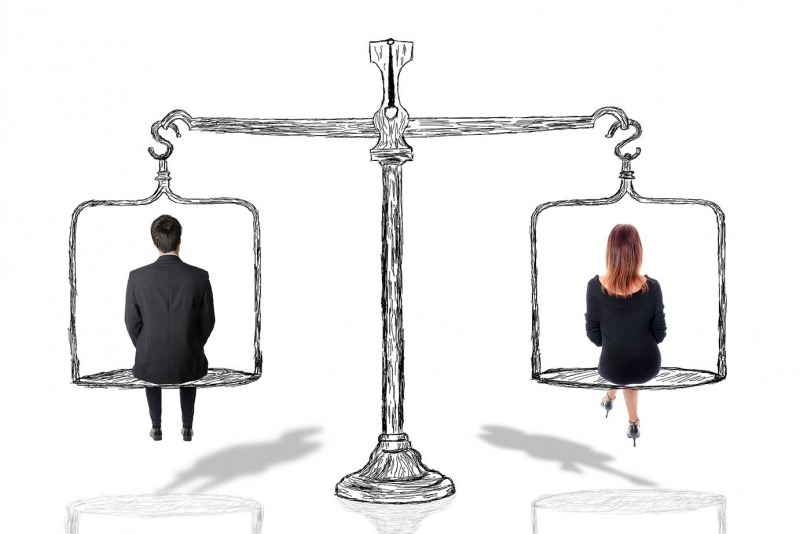A call to action for gender parity in the legal profession
International Women’s Day (March 8) is a global day celebrating the social, economic, cultural and political achievements of women. The day also marks a call to action for accelerating gender parity.
Whilst it’s important to celebrate how far women have come since the first International Women’s Day was celebrated in 1911, let’s not lose sight of the work that still needs to be done. We know that gender parity influences whether economies and societies advance and impacts global competitiveness and future readiness of organizations across the globe.
Gender parity, according to the World Economic Forum’s 2017 Global Gender Gap Report is over 200 years away (213 years to be precise). The Report benchmarks 144 countries on their progress for gender parity via four main themes: economic participation and opportunity, educational attainment, health and survival, and political empowerment. There is also data around the dynamics of gender gaps across industry talent pools and occupations.
What does all this mean for the legal profession? We’ve all heard, and sometimes shared, the sentiment that: ‘the legal profession does not believe change is necessary’, ‘the legal profession is slow to change’, or ‘the legal profession lags behind other professions when it comes to change’.
Will it take our profession more than 213 years to achieve parity between male and female lawyers?
One area the profession can focus its attention towards achieving gender parity is equal pay. The Counsel Network and the Canadian Corporate Counsel Association’s recently released 2018 In-House Counsel Compensation & Career Survey Report showed that even when compared to men in the same roles in the profession, women in-house counsel continue to be paid less. Overall, they are paid 11% less than their male counterparts. This represents a significant gap in pay between men and women in the profession and the gap continues to widen at the senior levels.
It’s incumbent on in-house law departments and law firms to critically review compensation for their lawyers, identify where there is gender pay disparity, and fix it. Let’s not wait 213 years!
– Dal Bhathal, Managing Partner


